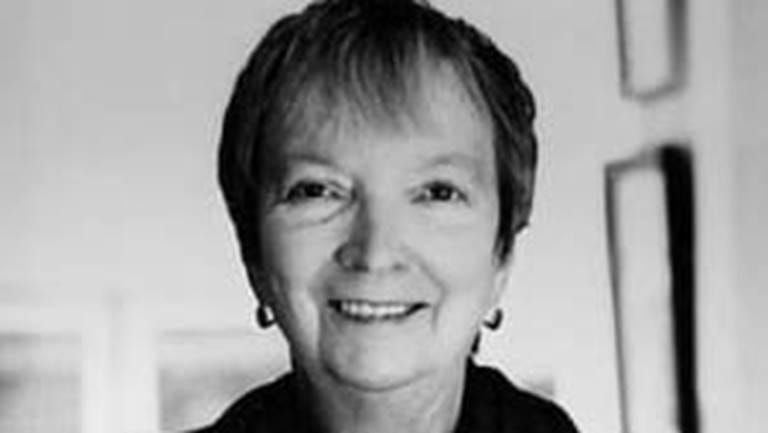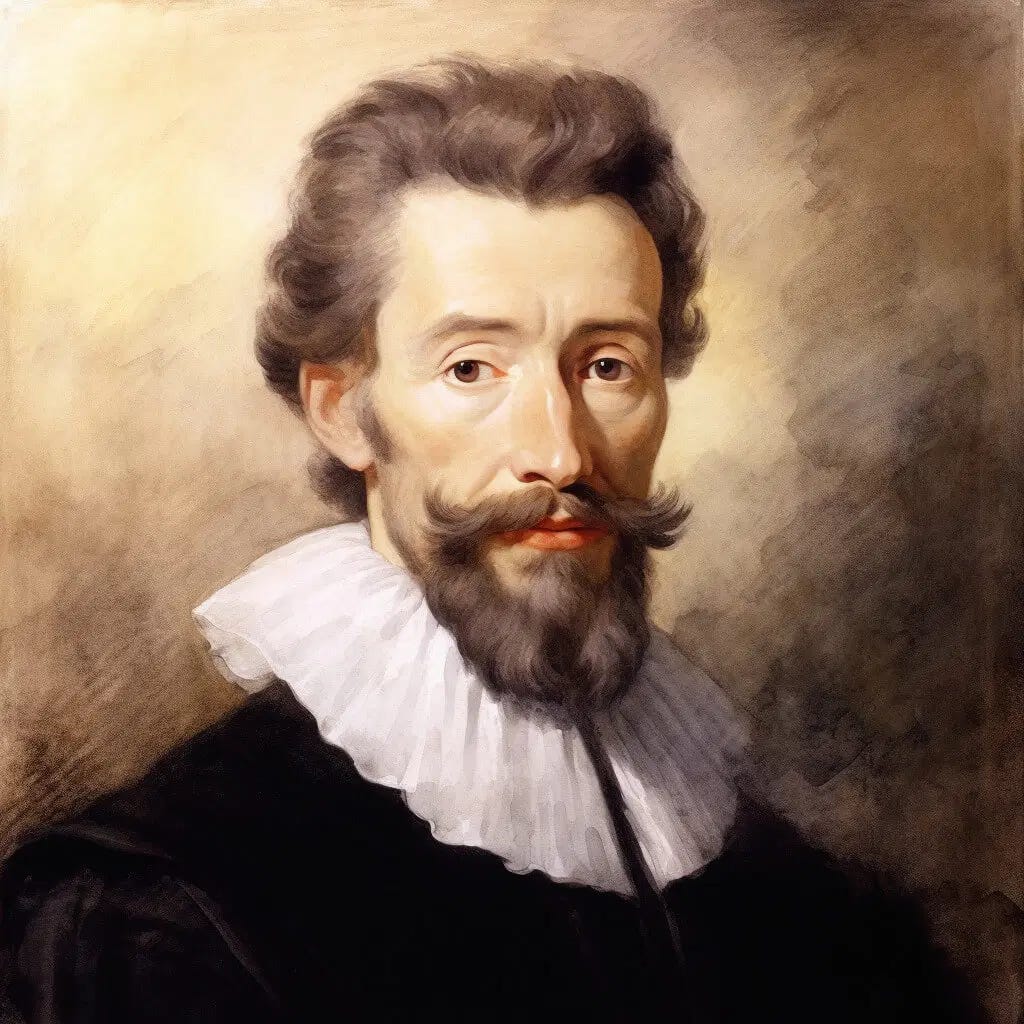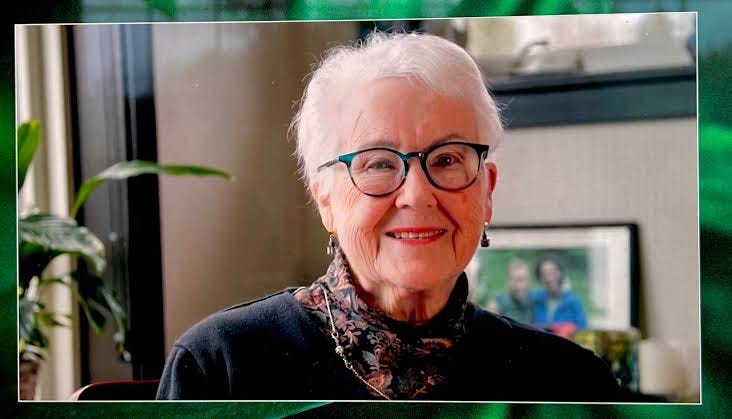Friends, we’ve spent this week with Mary and the Angel Gabriel and a wild-eyed prophet called John who, in God’s reign, outranks the highest of earthly powers. But this is Friday, and we by custom turn for help to the poets of incarnation.
The 20th-century English poet, Madeleine L’Engle, ushers us into verse with “The Risk of Birth”. In this poem, she draws an arc of similarity between our time and Jesus’s and asks — given the harsh realities of our world then and now — “When is the time for love to be born?” Enjoy!
Madeleine L’Engle, “The Risk of Birth”
This is no time for a child to be born,
With the earth betrayed by war & hate
And a nova lighting the sky to warn
That time runs out & the sun burns late.
That was no time for a child to be born,
In a land in the crushing grip of Rome;
Honour & truth were trampled by scorn—
Yet here did the Saviour make his home.
When is the time for love to be born?
The inn is full on the planet earth,
And by greed & pride the sky is torn—
Yet Love still takes the risk of birth.
To hear our second poet, we time travel back four centuries to the inkwell and paper of John Donne. In this sonnet, Donne offers his own fool-proof path from where we are to a deep and proper love of God: consider the remarkable gifts of the indwelling Spirit; our unmerited adoption as God’s children; and a divine love so determined that, like a man whose possessions have been stolen and then sold, it buys humanity back again from the evil one. Final lines that capture how God took flesh among us bring home the glory. Enjoy!
John Donne, “Holy Sonnet 15”
Wilt thou love God as he thee ? Then digest,
My soul, this wholesome meditation:
How God the Spirit, by angels waited on
In heaven, doth make his Temple in thy breast.
The Father having begot a Son most blest,
And still begetting—for he ne’er begun—
Hath deigned to choose thee by adoption,
Co-heir to His glory, and Sabbath’s endless rest.
And as a robbed man, which by search doth find
His stolen stuff sold, must lose or buy it again,
The Son of glory came down, and was slain,
Us whom He had made and Satan stolen, to unbind.
‘Twas much, that man was made like God before,
But, that God should be made like man, much more.
Luci Shaw’s poem “Mary’s Heart”, lays side-by-side the paradoxical ironies of incarnation: the babe is “quiet now, though once he hurled a world”; asleep though never so before, small of breath though his breath “once ruffled the dark deeps to sprout a world.” In her final lines she captures the purpose of such a divine humbling and humiliation: “for him to see me mended / I must see him torn.” May these words penetrate your musings on Bethlehem!
Luci Shaw, “Mary’s Song”
Blue homespun and the bend of my breast
keep warm this small hot naked star
fallen to my arms. (Rest …
you who have had so far
to come.) Now nearness satisfies
the body of God sweetly. Quiet he lies
whose vigor hurled
a universe. He sleeps
whose eyelids have not closed before.
His breath (so slight it seems
no breath at all) once ruffled the dark deeps
to sprout a world.
Charmed by doves’ voices, the whisper of straw,
he dreams,
hearing no music from his other spheres.
Breath, mouth, ears, eyes
he is curtailed
who overflowed all skies,
all years.
Older than eternity, now he
is new. Now native to earth as I am, nailed
to my poor planet, caught that I might be free,
blind in my womb to know my darkness ended,
brought to this birth
for me to be new-born,
and for him to see me mended
I must see him torn.







Thanks Allen. Love these timely poems. Blessings.